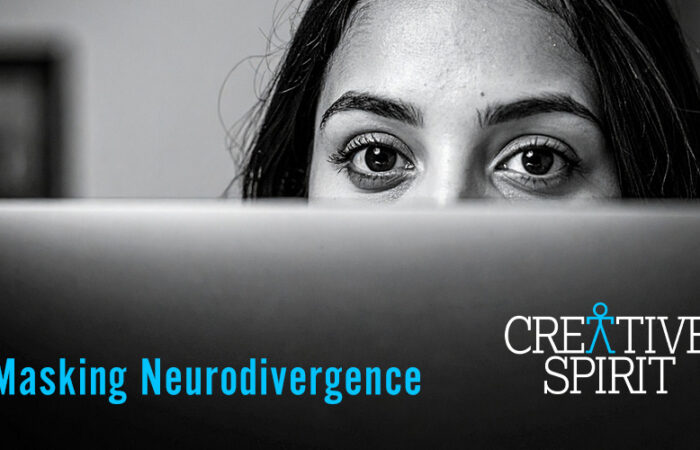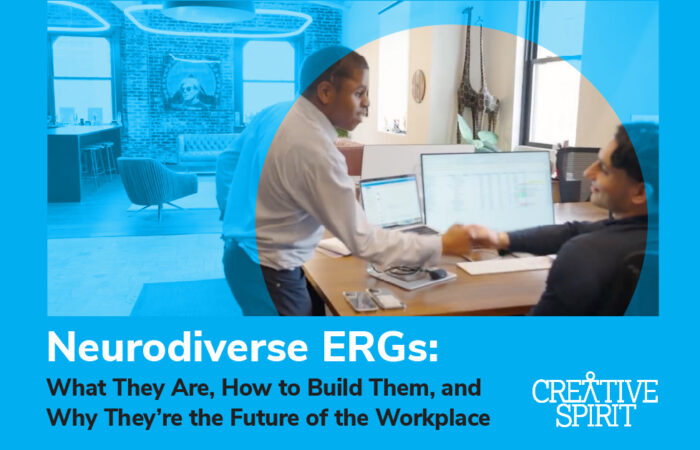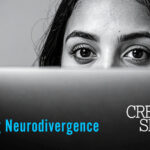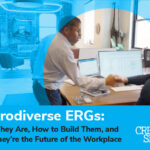By Menachem Rephun, Communications Manager, Creative Spirit
In 2025, AI is becoming an integral part of the corporate landscape through its usefulness for automating repetitive tasks, enhancing customer service, personalized marketing, and more. For neurodivergent employees and job seekers, the increasing use of AI could be a game-changer, opening new pathways for employment and allowing for improvement in their current roles. A June 2025 study from professional services firm Ernst & Young (EY) found that neurodivergent employees are faster and more skilled in adopting AI than employees who are neurotypical. “Neurodivergent professionals often bring skills that are hard to teach,” Travis Hollman, founder and CEO of MeSpace, points out in an essay for FastCompany.com. “They recognize patterns, challenge assumptions, and approach complex problems from unexpected angles. As automation takes over repetitive tasks, these strengths are becoming even more valuable.” Hollman, who has dyslexia and a rare bone disease, has experienced firsthand how technology can help employees with disabilities. “Spellcheckers catch what I miss,” he writes. “Planning tools help me stay organized. Summarizers bring structure to my ideas. These tools don’t replace my thinking, they make it more accessible to myself and to others. And when the right supports are in place, what becomes possible begins to shift for everyone.”
In a 2025 study, Disability: IN found that 85% of neurodivergent millennials use AI in everyday work tasks, compared with 50% of Baby Boomers, 57% of Gen X, and 29% of Gen Z. Citing a World Economic Forum (WEF) report, the EY study noted that 30% of neurodivergent professionals have specialist/expert proficiency in AI and big data, both of which are two of the top 10 skills predicted to grow the fastest by 2030. Other top skills are:
- Cybersecurity
- Technological literacy
- Creative thinking
- Resilience, flexibility, and agility
- Talent management
- Analytical thinking
- Systems thinking
- Curiosity and lifelong learning
- Leadership and social influence
Along with AI, neurodivergent professionals show high specialist/expert proficiency levels in all 10 of these areas. Ernst & Young also found that inclusion boosts the skill proficiency for neurodivergent professionals by 10%. In light of these findings, the obvious question is what employers can do to utilize these transformational skills and redefine employment for the neurodivergent community.
How Companies Can Unlock the Transformational Skills of Neurodivergent Employees
The Ernst & Young study notes that an action-oriented approach is needed for companies looking to draw on the transformational skills of neurodivergent professionals.
“To expand neuroinclusion in search of transformational skills,” the study writes, “organizations need to shift their thinking from awareness to collective action. Everyone benefits when everyone gets this right, amplifying business value through improved productivity and skill proficiency.” The study’s authors identify four actions companies can take to achieve this inclusion and unlock transformational skills. The first involves taking a skills-based approach, which allows companies to identify workforce strengths, such as proficiency with AI, that may be dormant or underused (Ernst & Young points out that neurodivergent employees are 55% more likely to use AI than their neurotypical colleagues). The second step companies can take involves developing a more systematic approach to training, equipping managers with the skills to manage the unique challenges facing neurodivergent professionals. “Better conversations, improved role and task clarity, assistive technology, regular high-quality feedback, and personalized career pathways are all levers that managers can use to enhance neuroinclusion,” the authors point out. They recommend adopting an open and flexible approach to working practices and recognizing that neurodivergent and neurotypical professionals have complementary skills that strengthen the cognitive intelligence of the organization. As the study points out, “Taking a data-driven approach to measuring progress will help to accelerate change.”
In Conclusion, AI can be a Game-changer for Neurodiverse Employment
The recent studies from Ernst and Young and Disability:IN both confirm that neurodivergent professionals have transformational, future-ready skills that allow them to integrate AI into their workflows at a fast rate, along with creativity, resilience, expert attention to detail, exceptional problem-solving skills, and much more. Andrew Begel, an Associate Professor of Computer Science at Carnegie Mellon University, also points out the ways that AI can help employees who are neurodivergent, particularly those on the autism spectrum, who might experience challenges with non-verbal communication and reading social cues. “Neurodivergent people could use [large language models] to practice conversations and gauge the kinds of reactions they might get from their neurotypical conversation partners,” Begel was quoted as saying in a blog post for Dropbox.com. “LLMs can also be very helpful to understand the neurotypical conversational style.” Utilizing this technology can be beneficial both for employees who are neurodivergent and for employers looking to maximize productivity. Above all, neurodivergent employees represent a pool of talent that employers cannot afford to miss out on. Additionally, as the largest minority demographic in the U.S., people with disabilities/neurodivergence represent a huge client base, incentivizing companies to make accessibility a part of their digital strategy. Creative Spirit is making a difference through HireDifferent Academy, our training program that works directly with companies of all backgrounds to help them fully include employees who are neurodivergent, and to understand why doing so is beneficial for everyone. As Genevieve Koolen, HR Director at SAP Africa, writes, “The future of work is inclusive, and it’s within our reach.” AI has the potential to be a force for good in revolutionizing neurodiverse employment. It’s incumbent on all of us to make sure that potential doesn’t go to waste.
Sources:
Disability:IN. (2025). “CREATIVITY OVER CONVENTION: An evidence-based framework for neuroinclusive human capital management”, Disability:IN. https://disabilityin-bulk.s3.us-east-1.amazonaws.com/2025/Research/Neurodiversity_In_The_Workplace_Report_Final%2B508.pdf
Fast Company Executive Board. (2025). “AI is leveling the playing field for neurodivergent talent”, Fast Company. https://www.fastcompany.com/91380092/ai-is-leveling-the-playing-field-for-neurodivergent-talent
Gardner, E., Gethin, A., Shukla, H., Morgan, G. (2025). “How can action on neuroinclusion accelerate business transformation?”, Ernest & Young. https://www.ey.com/en_gl/insights/consulting/how-can-action-on-neuroinclusion-accelerate-business-transformation
Isador, G. (2024). “Can AI Create a Fairer Future for Neurodiverse Workers?”, Work Culture, Dropbox. https://blog.dropbox.com/topics/work-culture/can-ai-create-a-more-equitable-future-for-neurodiverse-workers
Koolen, G. (2024). “Will AI Enable More Inclusive Workplaces for Neurodiverse Talent?”, SAP News Center, SAP. https://news.sap.com/africa/2024/10/will-ai-enable-more-inclusive-workplaces-for-neurodiverse-talent/

